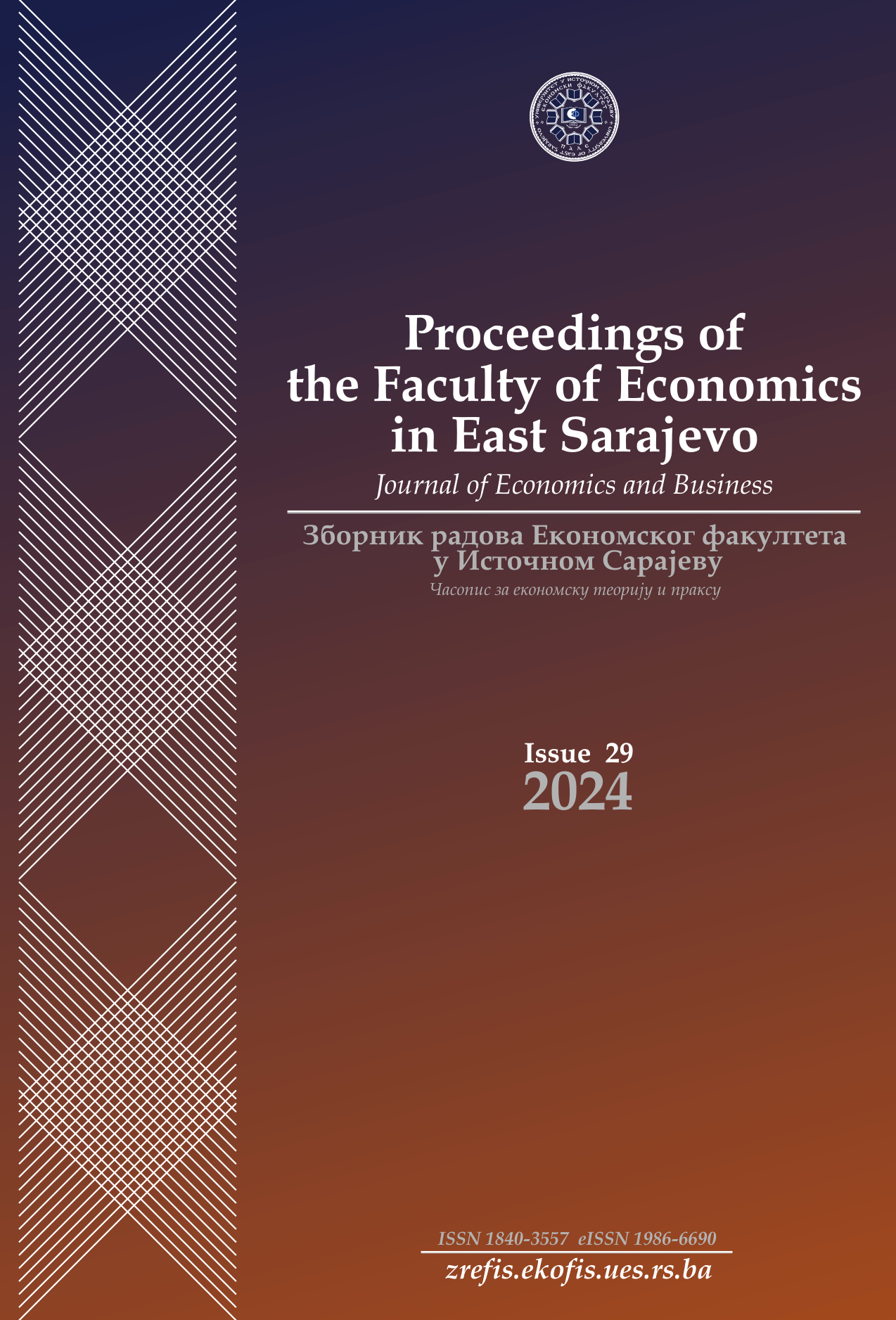STREAMLINING CONSTRUCTION: MAXIMIZING EFFICIENCY THROUGH EFFECTIVE WASTE MANAGEMENT: THEORETICAL REVIEW
DOI:
https://doi.org/10.7251/ZREFIS2429063BAbstract
The construction boom in Albania after the '90s had a significant impact on the country's economy. It brought about rapid urbanization, job creation, and increased investment opportunities. The construction sector became a major contributor to GDP growth, attracting both domestic and foreign investments. It also stimulated demand for various industries, such as manufacturing and services, leading to overall economic development. With increased construction activities, there was a rise in construction waste generation. This highlighted the need for effective waste management practices to minimize environmental impact.Waste management is a crucial aspect of construction projects, yet it hasn't received as much emphasis as in other industries. This paper aims to highlight the importance of waste management in construction and the need for effective strategies to minimize waste.In the construction industry, waste refers to any material, energy, or time that is not utilized efficiently and adds no value to the project. Construction waste can include excess materials, unused resources, inefficient processes, and environmental damage. The presence of waste in construction not only leads to financial losses but also has negative environmental and social impacts. This paper presents a review on studies that have systematically investigated the occurrence of waste in the construction industry, including concepts adopted, metrics, and type of feedback provided relating to efficiency improvement

